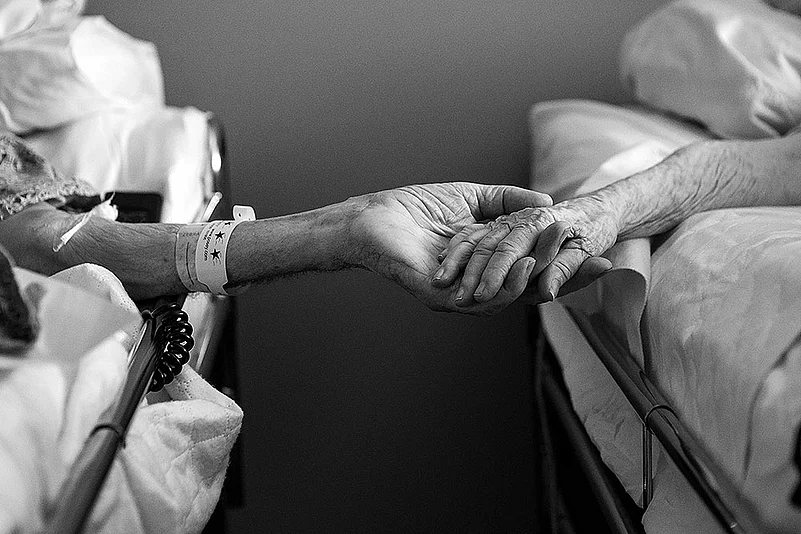There is no cure or vaccine for coronavirus. So far, there is no consensus on a treatment protocol either. Once infected, the treatment is largely supportive, based on managing symptoms. Many proposals are in the air or the lab—in the exploratory stage, trial stage or real-time in-vivo experiments on patients. Some proposed medicines, such as hydroxychloroquine, have been highly controversial. Here are the treatments being tried out across the globe—many are not backed by scientific evidence while others are downright harmful. The list, therefore is descriptive rather than prescriptive.
For the uninfected
Vaccines are in the trial stage. There is speculation that existing vaccines like BCG and flu shots could protect against coronavirus. Vitamin and zinc supplements. While a balanced diet helps you stay healthy, there is no evidence that supplements boost immunity. Biomodulina T, a thymic peptide obtained from bovine sources, is being used in Cuba to stimulate the immune system Immunity boosters from alternative systems of medicine—ayurvedic products such as Shadang paniya powder, Agastya harityaki and camphor; and homeopathy products such as a mix of Arsenic album 6/ Eupatorium perf 30/ Lycopodium 30). Doctors have termed these medicines quackery and cautioned against their use. The most effective preventive measures are wearing a mask, washing hands, maintaining hygiene and practising social distancing
For mild cases
Symptomatic treatment with over-the-counter medicines such as paracetamol to relieve symptoms. Hydration and rest
For mild to severe cases
Anti-viral drugs like fabiravir, ribavirin, lopinavir/ritonavir etc. Russia has approved anti-viral drug Avifavir to treat COVID-19. A combination of anti-malarial drug hydroxychloroquine with the antibiotic azithromycin has been proposed, though there are indications that it might have adverse effects in certain patient Cuban product Interferon alfa-2b. Interferons are proteins that the body’s cells produce in response to infections to signal nearby cells to heighten anti-viral defences. Interferon drugs, lab-made versions of the proteins, have shown promise in the treatment of hospitalised patients in Wuhan, China.
Ulinastatin, which is used to treat acute pancreatitis and septic shock
Acalabrutinib, a medicine used to treat mantle cell lymphoma (a kind of blood cancer)
Antibiotic treatments are being used for bacterial co-infections in patients with pneumonia
For critical cases
Respiratory supportive strategies: Oxygen therapy, high-flow nasal cannula and non-invasive ventilation might prevent the requirement for endotracheal intubation. Extracorporeal membrane oxygenation (a machine that pumps blood outside the body to an artificial lung for oxygenation) is an important life-support strategy.
Plasma derived from the blood of patients after recovery contains antibodies against COVID-19. Convalescent plasma therapy is an old technique that appears to be clinically effective and reduce mortality in initial studies.
Circulatory support and fluid management through measures such as fluid administration
Monitoring and management of the functioning of vital organs such as heart, kidney, liver etc to prevent organ failure.
Nutritional strategies such as gastric feeding to ensure that critically ill patients are not malnourished
In cases of cytokine storm
A hyperactive immune system response where the body attacks its own cells while fighting the virus. As lung tissues die due to the cytokine storm, the air sacs fill with fluid, causing shortness of breath. In such cases, immunomodulation (modifying the immune system’s response) is done through
—corticosteroids (improves clinical outcomes and reduces mortality in cases of severe sepsis)
—cyclosporine A (immunosuppressant used in autoimmune disorders)
—tocilizumab (used in the treatment of rheumatoid arthritis)
Also Read:


























